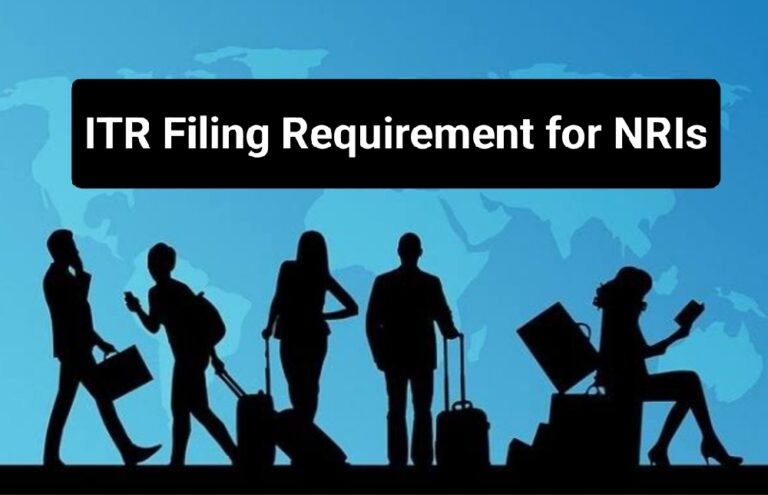Whether NRIs need to file ITR when there is no income in India
A Non-Resident Indian (NRI) is an individual holding an Indian passport and citizenship but residing outside India for employment or business purposes. According to the Income Tax Department, an NRI is someone who does not meet the residency criteria for tax purposes in India. To determine NRI status, Section 6 of the Income Tax Act, 1961, is used.
Determining NRI Status
An individual is considered a resident in India for tax purposes if:
- They are in India for 182 days or more in the previous year, or
- They are in India for 60 days or more in the previous year and 365 days or more in the preceding four years.
Investment Opportunities for NRIs
NRIs can invest in various financial instruments in India, including residential and commercial properties. However, they cannot invest in agricultural land, plantation properties, or farmhouses. Like Indian residents, NRIs must pay taxes on income earned within India.
Tax Filing Requirements for NRIs
NRIs generally do not need to file Income Tax Returns (ITR) in India if they do not earn any income here. However, tax liability depends on the total income generated from Indian sources during a financial year. The Income Tax Act, 1961, specifies certain conditions under which NRIs must file ITRs.
Mandatory ITR Filing Scenarios for NRIs
Old Tax Regime
Under the old tax regime, NRIs must file tax returns if their total income in India exceeds Rs 2.5 lakh in a financial year.
New Tax Regime
The new tax regime, introduced in 2020, offers a simplified tax structure. NRIs opting for this regime must file ITR if their total income in India exceeds Rs 3 lakh in a financial year.
Exemptions from ITR Filing for NRIs
NRIs with no income generated in India are generally exempt from mandatory ITR filing. Income sources considered include salaries earned abroad, business profits outside India, and rental income from foreign properties.
Also Read: Ways to save tax money without making any investment
Voluntary ITR Filing for NRIs
NRIs without income in India are not required to file ITRs but can do so voluntarily. Filing ITRs offers several benefits, such as claiming refunds for excess tax deducted, carrying forward capital losses, and providing proof of income for visa or loan applications.
In conclusion, by understanding these guidelines, NRIs can ensure compliance with Indian tax laws and take advantage of the benefits of filing income tax returns.
Also Read: Filing Income Tax Return for FY 2023-24: Key Dates, Penalties, Forms and more
Read More
Short-Term Capital Gain on Shares: Categories and Taxability under the Income Tax Act, 1961
Short-Term Capital Gain on Sale of Shares as per Section 111A of Income Tax
